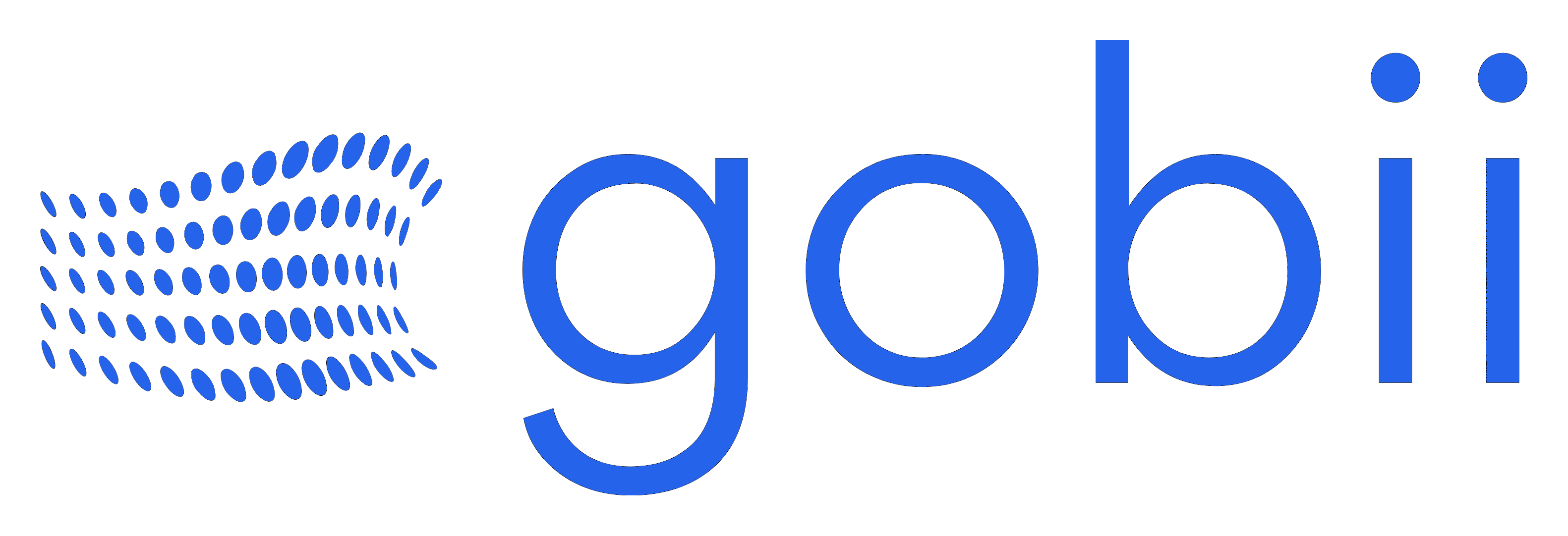Quickstart
On this page
Gobii make it super easy to spin up browser-use agents in the cloud. Here's how:
Install the Client Library
Install the Gobii TypeScript client library:
npm install @gobii-ai/client
Initialize the Client
import { Configuration, BrowserUseApi } from '@gobii-ai/client';
// Initialize with your API key
const config = new Configuration({
headers: {
'X-Api-Key': 'your_api_key_here'
}
// Optional: override the base URL if needed
// basePath: 'https://custom-domain.com/api/v1'
});
const browserUseApi = new BrowserUseApi(config);
Create an Agent
// Create a new browser automation agent
const agent = await browserUseApi.createAgent({
name: "My First Agent"
});
console.log(`Agent created with ID: ${agent.id}`);
Assign a Task
There are two ways to kick-off a task:
1 · Fire-and-forget
const task = await browserUseApi.assignTask(agent.id, {
prompt: "Visit https://example.com and extract the main heading"
});
// Response contains the new task ID; poll for status later.
2 · Wait inline (sync)
Add the wait parameter (0-900 seconds). The request blocks until the task finishes or the timeout elapses.
const task = await browserUseApi.assignTask(agent.id, {
prompt: "Visit https://example.com and extract the main heading",
wait: 30 // wait up to 30 s for a result
});
if (task.status === "completed") {
console.log("Heading:", task.result);
} else {
console.log("Still running – poll later");
}
Need strongly-typed JSON back? Supply an output_schema – see the Structured Output guide.
Get Task Results
// Poll for task completion
async function getTaskResult(agentId, taskId) {
while (true) {
const result = await browserUseApi.getTaskResult(agentId, taskId);
if (result.status === "completed") {
console.log("Task completed!");
console.log("Result:", result.result);
return result.result;
} else if (result.status === "failed" || result.status === "cancelled") {
console.log(`Task ${result.status}:`, result.error_message);
return null;
}
console.log(`Task status: ${result.status}, waiting...`);
await new Promise(resolve => setTimeout(resolve, 5000)); // Wait 5 seconds
}
}
// Call the function to get your results
const result = await getTaskResult(agent.id, task.id);
Complete Example
Here's a complete example that ties everything together:
import { Configuration, BrowserUseApi } from '@gobii-ai/client';
async function main() {
// Initialize client
const api = new BrowserUseApi(new Configuration({
headers: { 'X-Api-Key': 'your_api_key_here' }
}));
try {
// Create agent
const agent = await api.createAgent({ name: 'QuickStart Agent' });
console.log(`Agent created with ID: ${agent.id}`);
// Assign task
const task = await api.assignTask(agent.id, {
inputData: "Visit https://example.com and extract the main heading"
});
console.log(`Task assigned with ID: ${task.id}`);
// Wait for result
let attempts = 0;
while (attempts < 20) { // Timeout after ~100 seconds
const result = await api.getTaskResult(agent.id, task.id);
if (result.status === "completed") {
console.log("Result:", result.result);
break;
} else if (result.status === "failed" || result.status === "cancelled") {
console.log(`Task ${result.status}:`, result.error_message);
break;
}
console.log(`Status: ${result.status}...`);
await new Promise(resolve => setTimeout(resolve, 5000));
attempts++;
}
} catch (error) {
console.error("Error:", error);
}
}
main();
Next Steps
Once you've completed this quickstart, you can:
- Learn how to make synchronous calls in detail – see Synchronous Tasks
- Define a JSON Schema for guaranteed structure – see Structured Output
- Check out the complete API Reference
